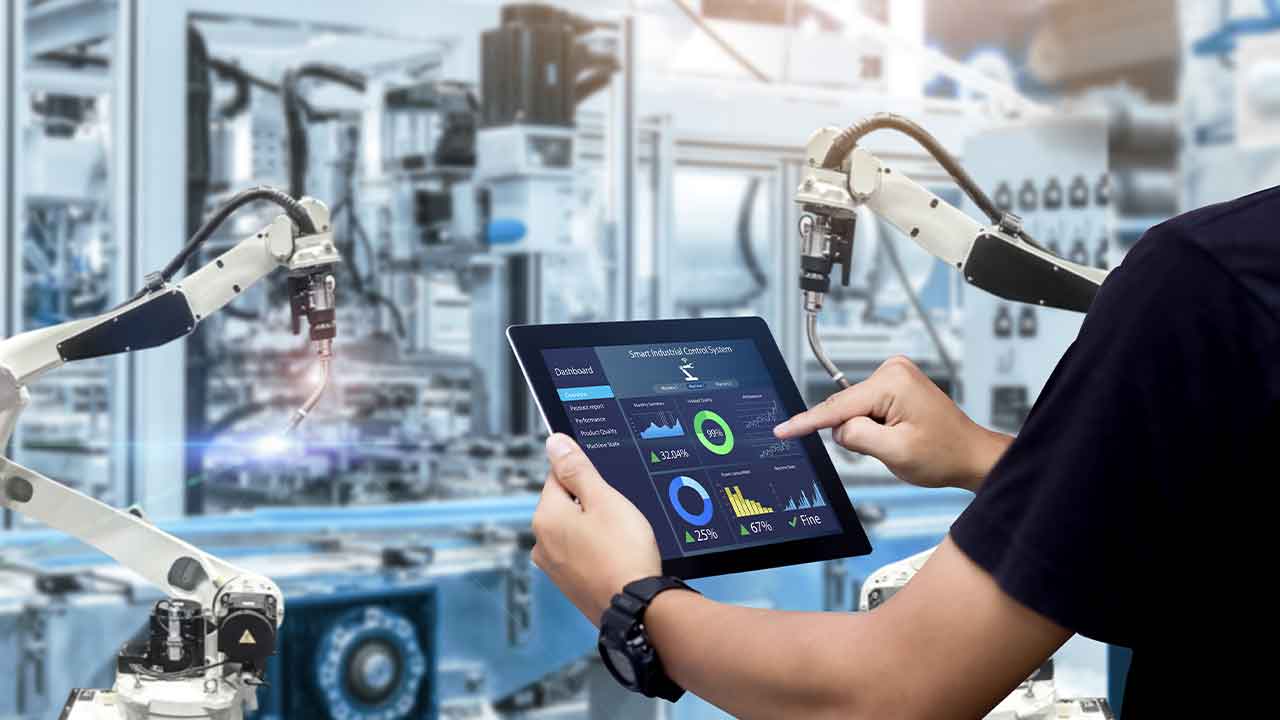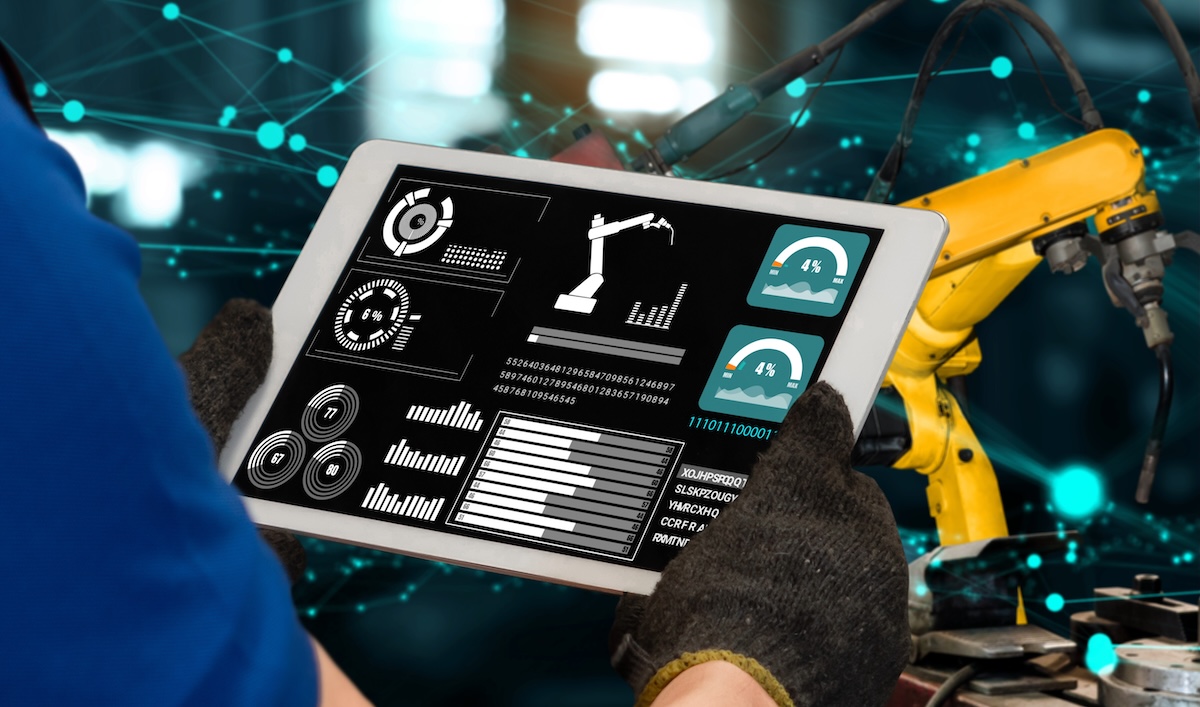Unleashing the Power of Industrial Data to Transform Business Operations
The current state of manufacturing data integration serves as a primary barrier to enabling true digital transformation. According to Deloitte research, manufacturers list poor integrations (60%), disjointed data systems (46%), and data collection that is not standardized (46%) as their three top pain points in digitally transforming their factories. Much of this is due to the complexity and accessibility of industrial data, which continues to be one of the biggest challenges to innovation – it is often siloed across production sites, making it difficult to manage, model, and govern. Concurrently, global events, economic conditions, supply chains, and workforce disruptions are causing organizations to rethink their manufacturing strategies to make them more agile.
As organizations move towards engineering smart manufacturing models and the pace of business accelerates, they must better manage industrial data complexities and architect their smart manufacturing operations. The changes can help simplify access, ensure greater visibility across various business sectors, and help organizations tap into new datasets, drive continuous improvement, and make more informed business decisions to meet the needs of customers, respond to disruptions, and drive differentiation.
New Tools, Technologies, and Industry Best Practices
While companies have been extracting data from various sources across the manufacturing enterprise and conducting feasibility assessments for some time, it remains largely siloed. Emerging technologies have transformed the once daunting, enormous task of connecting sources, visualizing, wrangling, and contextualizing data. For example:
• Industrial frameworks, publish, and subscribe architectures enable visibility into the exact data needed for an application in real-time by decoupling rigid systems and freeing IT workers from having to build multiple custom models and dashboards.
• Emerging data frameworks and industrial DataOps tools can be deployed at the edge and managed centrally with low or no code tools. This can reduce data wrangling and the continuous back-and-forth exchanges between multiple parties to understand data, as well as save bandwidth, storage, and computing costs.
• Microservices eliminate the need for costly, on-premises platforms and outdated monolithic software approaches common in manufacturing, and provide organizations with technological flexibility, agility, and peace of mind when it comes to information security.
• Data now arrives ready to act, freeing users from having to create net-new projects that take time and resources. They now have access to self-service tools, data marketplaces, and catalogs where information is ready, understood, and contextualized.
In addition, advancements in connectivity, open standards, and the maturation of the industry are playing a key role in helping companies drive toward smarter transformations. With these tools, manufacturers are now able to free previously trapped data, and provide stakeholders with a holistic, organizational view of systems and information to everyone involved in operations – from the manufacturing floor to the C-Suite.
Making Industrial Data Transformation a Reality
For organizations that are looking to capture and connect their manufacturing enterprises, they can start by taking the following steps:
1. Prioritizing business objectives and strategy: Instead of beginning with technology, it is crucial to first define problems and critically evaluate what an organization is trying to achieve in the short AND long term. By combining strategy with technology, manufacturers will be able to engineer advantage in their operations.
2. Performing an audit of current systems, infrastructure, and processes: Consider internal information technology (IT), operational technology (OT), and process engineering (PE) such as process and SOP documentation. Evaluate the process itself, challenge assumptions of current processes and how they relate to external suppliers and customers.
3. Form a “swat team” of focused IT/OT data experts to drive the transformation: Those who have worked in plant automation managing execution systems and databases have programming experience and understand how to utilize transactional databases will be best suited for the task.
4. Design an architecture around agility and usability – not simply feasibility. It is important to move out of single proof of value mindsets, which often end up failing in subsequent scaling efforts. Making a larger investment in building the foundation of the data infrastructure helps set manufacturers up for long-term success and payback.
5. Strike a balance with standardization and partners: There is no one vendor, solution, or standard that will be the magic pill: ecosystem approaches tend to be the most fruitful and allow for more agility and balance.
6. Start small and scale: Our industry is FULL of forgotten, large-scale pilot projects – don’t fall into the trap of trying to execute a solution to solve everything at once. Instead, wrap existing assets with new solutions to extend their functionalities. Begin by solving a business problem, and then rapidly iterate on new challenges that emerge.
When a level of trust in new technologies is established, organizations can work towards building a broader architecture that will enable a wide and future-proof set of use cases. Cybersecurity should always be a top priority throughout the entire process, along with resiliency, observability, and monitoring of pipelines and data flows.
About the authors
 Jimmy Asher is a Managing Director and serves as the CTO of Deloitte’s Smart Factory Business which helps manufacturers chart their digital transformation. By bridging gaps between corporate strategy and implementation, he brings a holistic approach that combines operational needs, emerging technologies, and proven systems.
Jimmy Asher is a Managing Director and serves as the CTO of Deloitte’s Smart Factory Business which helps manufacturers chart their digital transformation. By bridging gaps between corporate strategy and implementation, he brings a holistic approach that combines operational needs, emerging technologies, and proven systems.
 Brian Zakrajsek is a Specialist Leader in Deloitte’s Smart Manufacturing practice. He has 20 years of experience working with clients designing and executing transformational solutions through technology strategy and solution architecture. Brian focuses on asset-intensive process industry clients including specialty Chemical, Life Sciences, Oil & Gas, and Metals.
Brian Zakrajsek is a Specialist Leader in Deloitte’s Smart Manufacturing practice. He has 20 years of experience working with clients designing and executing transformational solutions through technology strategy and solution architecture. Brian focuses on asset-intensive process industry clients including specialty Chemical, Life Sciences, Oil & Gas, and Metals.



